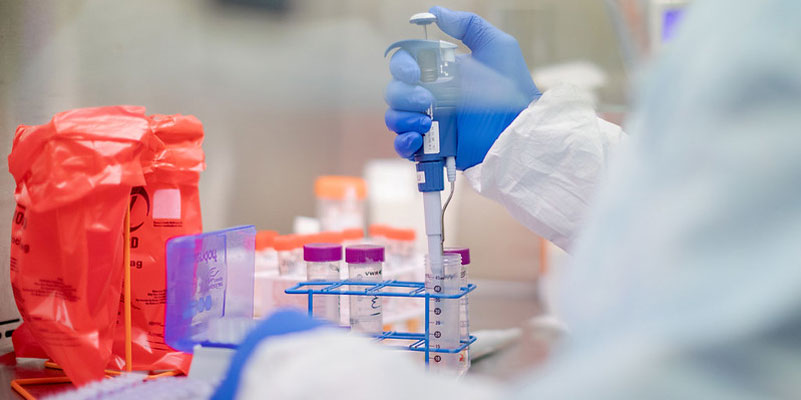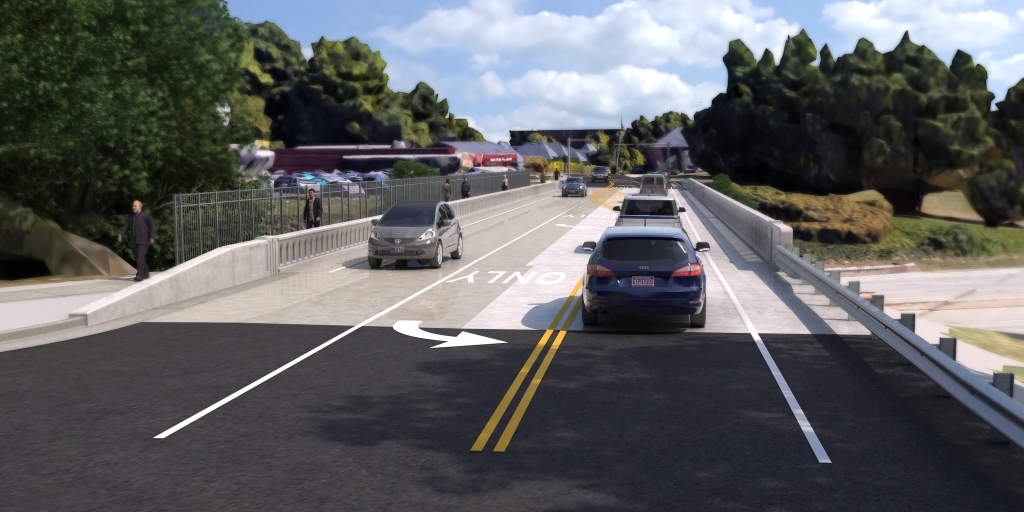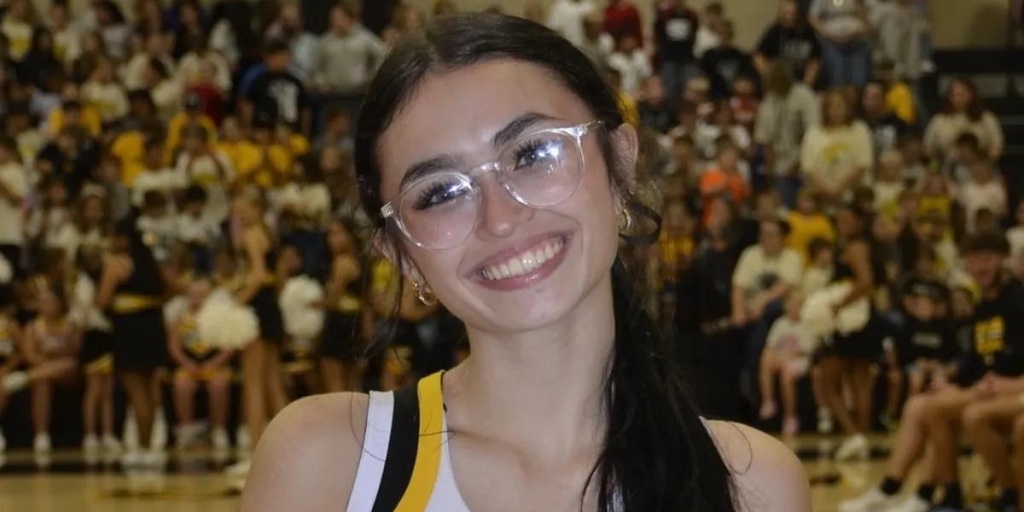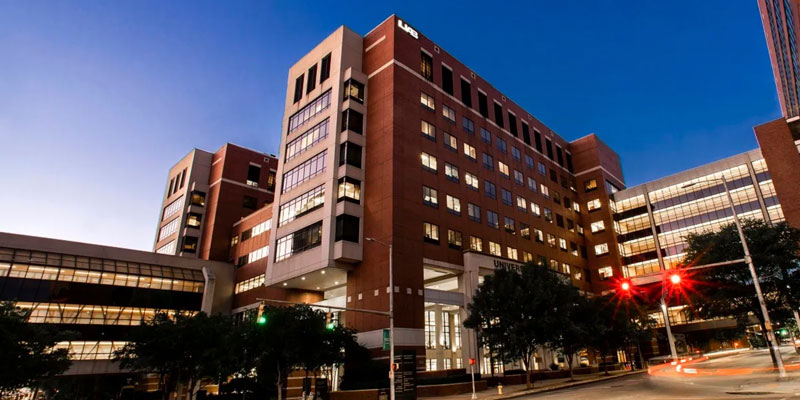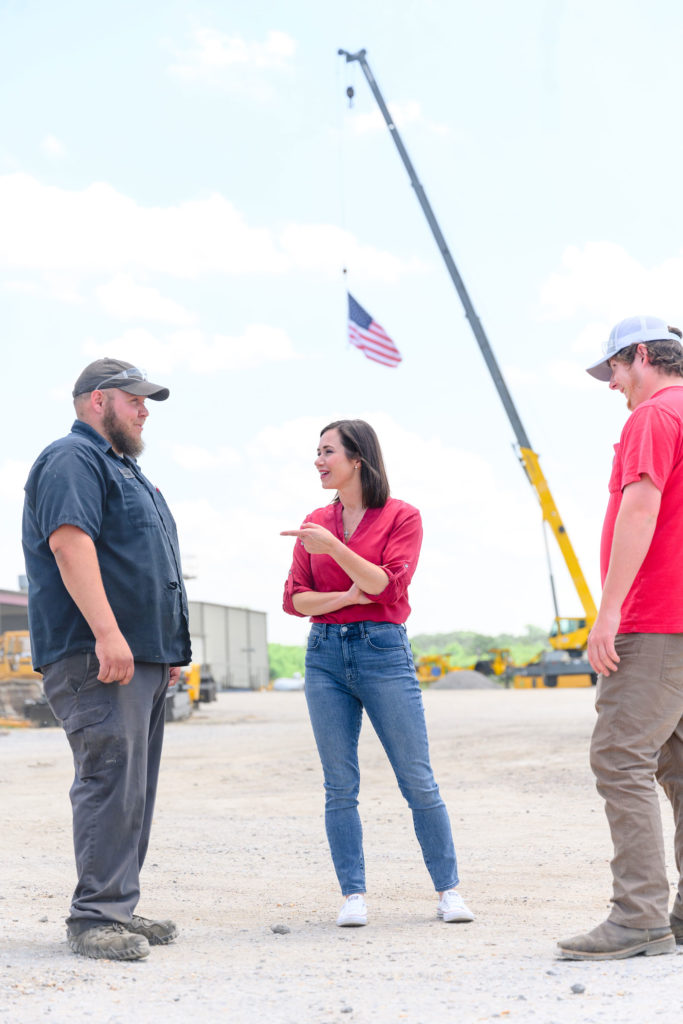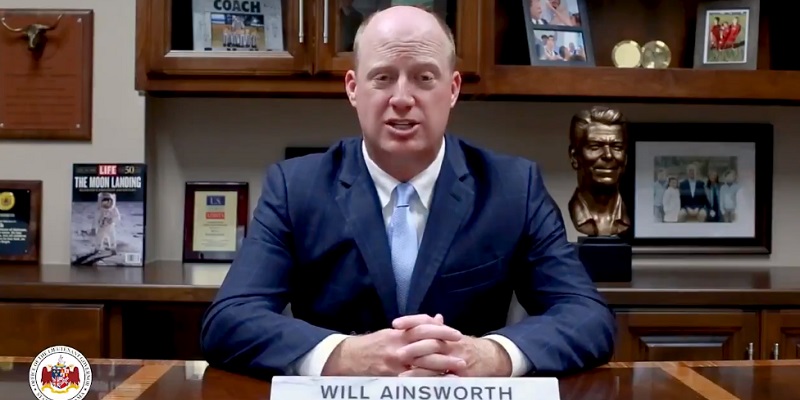A coronavirus vaccine candidate from the company AstraZeneca that is being tested in part at UAB Hospital appears to be 70% effective at preventing those who take it from catching COVID-19, according to preliminary data released by the company on Monday.
AstraZeneca gave two full doses of their vaccine, one month apart, to 8,895 individuals; among that group, the candidate was 63% effective at preventing COVID-19. The company gave 2,741 people a half dose of the vaccine, followed by a full dose a month later; among that group, the vaccine was 90% effective. Together, the two samples show an overall efficacy of 70%.
Reporters for health news website STAT described the results as “perplexing,” while the New York Times noted the results were “encouraging, if complicated.”
STAT asked Dr. Anthony Fauci, director of the NIAID and a member of the White House’s coronavirus task force, why the treatment involving less of the vaccine would produce a better result.
“That’s a good question,” he responded, adding that “there’s going to be a lot of hand waving” about the matter.
“If it’s 70%, then we’ve got a dilemma,” Fauci told STAT. “Because what are you going to do with the 70% when you’ve got two [vaccines] that are 95%? Who are you going to give a vaccine like that to?”
Efficacy numbers on the vaccines from companies Pfizer and Moderna were released earlier in November, with both showing to be 95% effective at preventing COVID-19 among the subjects in their clinical trials.
AstraZeneca’s full release on the vaccine results can be read here.
Pfizer’s vaccine must be stored and moved at -94 degrees Fahrenheit, while Moderna’s must be kept at -4 degrees Fahrenheit.
AstraZeneca’s vaccine can be stored and transported at normal refrigeration temperatures, making it far easier and less costly to distribute outside of areas served by major medical centers.
Pascal Soriot, CEO of AstraZeneca, praised the vaccine as “highly effective against COVID-19” in a statement and added that “the vaccine’s simple supply chain and our no-profit pledge and commitment to broad, equitable and timely access means it will be affordable and globally available, supplying hundreds of millions of doses on approval.”
AstraZeneca’s vaccine was initially developed at Oxford University, which partnered with the pharmaceutical giant for the financially intensive process of late-stage trials global distribution.
The results posted by AstraZeneca Monday are from subjects tested in the United Kingdom and Brazil and do not represent the full scope of their ongoing trial. The American portion of the AstraZeneca study, which encompasses the UAB section, was delayed in the early fall because of safety concerns. It resumed in late October.
Notably, the half dose followed by full-dose treatment is not being tested in the United States; all American subjects are receiving the two full doses of treatment that was shown to be less effective in Monday’s results.
AstraZeneca said Monday it was beginning conversations with U.S. regulators about adding the half-then-full treatment to the American portion of its study.
Henry Thornton is a staff writer for Yellowhammer News. You can contact him by email: [email protected] or on Twitter @HenryThornton95




